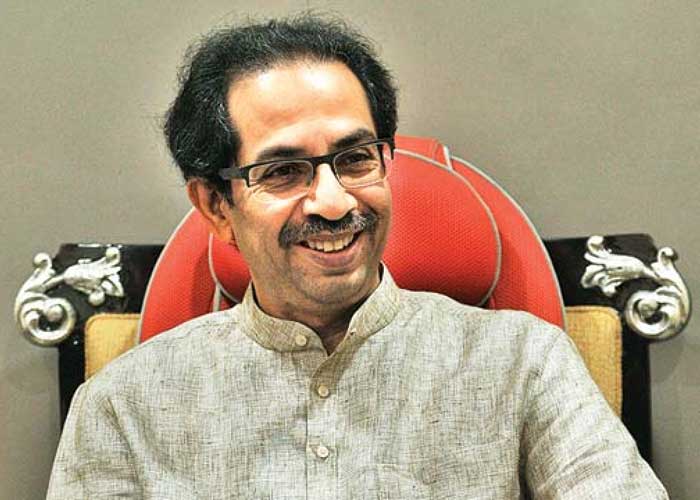
Shiv Sena Case: SC to Uddhav Thackeray’s Side, the Government Must Have the House’s Confidence in It
Last Updated on March 20, 2023 by Administrator
A Constitutional Bench comprising of CJI DY Chandrachud, J. Hima Kohli, J. MR Shah, J. Krishna Murari, and J. PS Narasimha heard the case and reserved its judgment in the batch of cases relating to a rift between the Shiv Sena party members. The case was argued by Senior advocate Kapil Sibal, Senior advocate AM Singhvi, and Senior advocate Devadatt Kamat.
Arguments
Kapil Sibal argued that there is no place for factions when the governor has to appoint a CM. it may have been allowed if Shivsena itself had merged with BJP. This unconstitutional act by the faction is allowing them to topple the government and is against the scheme of the tenth schedule.
In reply J. PS Narasimha said that this argument can sometimes be dangerous as almost every regional party is run by one family and doesn’t allow interference of anybody else. To this, Sibal in his defense compared the existing Indian law to UK’s rule.
CJI Chandrachud also provided some hypothetical situations to make matter more clear. Sibal then developed a few justifications for his claim in order to build a case in his favor. He said if rebels had lost faith in the alliance, they should have resigned as legislators and sought the mandate of the people in re-elections.
To this CJI Chandrachud said that Government must enjoy the faith of the house. If the house has faith in Government, it can legislate. Sibal replied, “Narsimha Rao government ruled although they were in minority. The matter here is not related to minority , but the point is that they don’t want to lose membership and ecause of faction government, we are being mocked.”
Advocate Manu Singhvi who was also appearing for Uddhav side gave arguments I support of Sibal. He talked about the four probable options a party has in case part member rebels. CJI Chandrachud interjected him.
Senior Advocate Kamat concluded by stating that the word “political party” was not an ambiguous idea. While there may be sections claiming to represent the political party, the Governor, according to him, could not recognize them. Moreover, he claimed that a legislative majority was not necessarily indicative of a majority, either ipso facto or ipso jure.
The Governor’s decision to call for a floor test based on Shinde Group’s mutiny had been questioned by the Court the day before.
Written by: Srijan Raj




